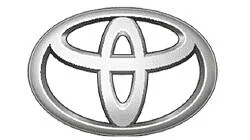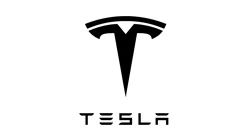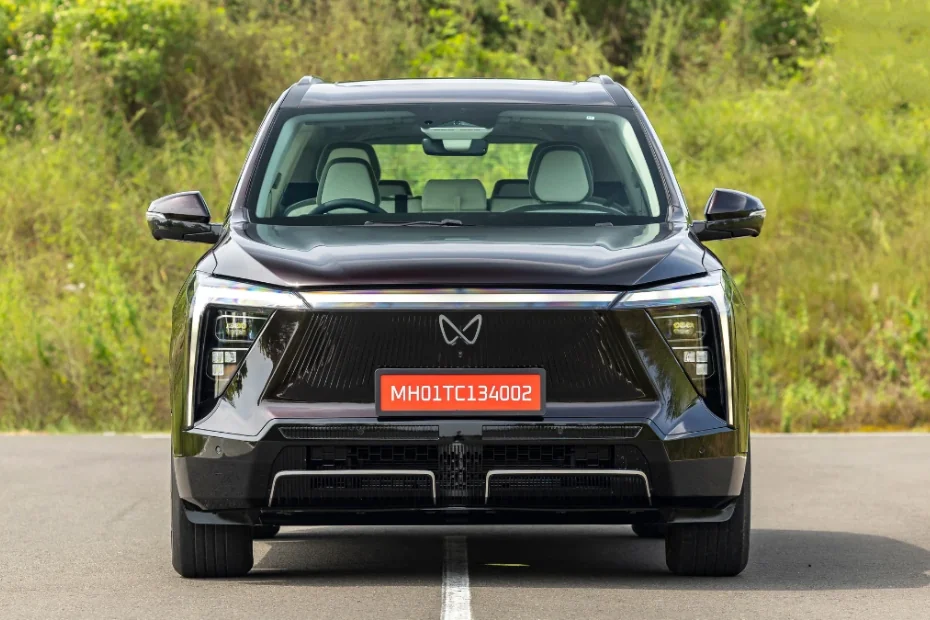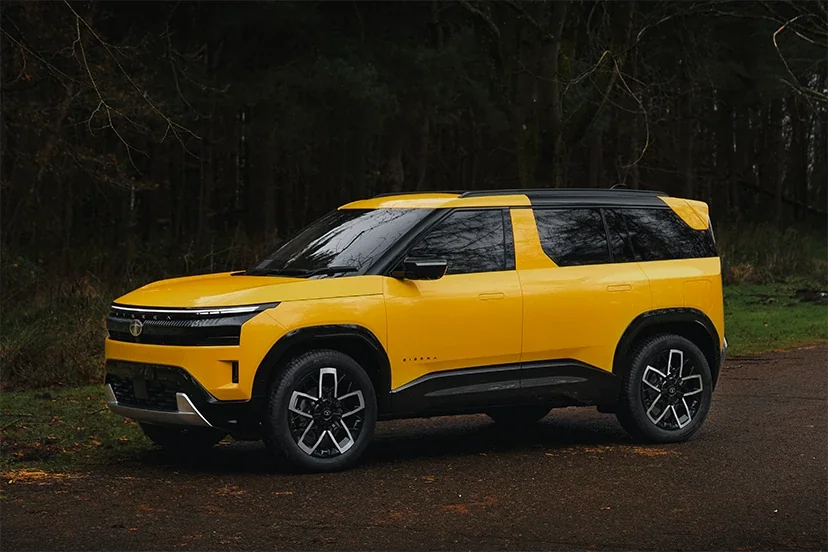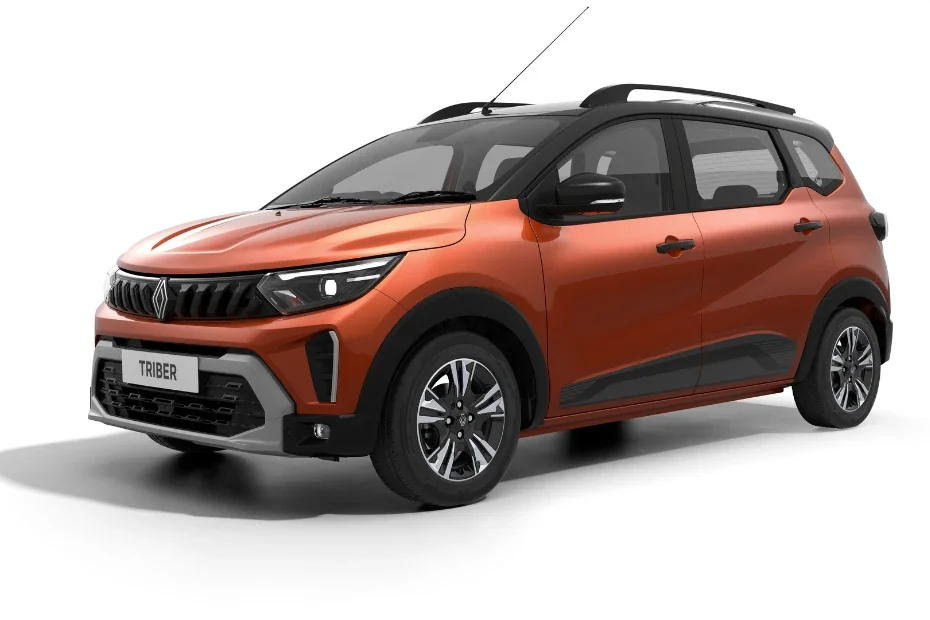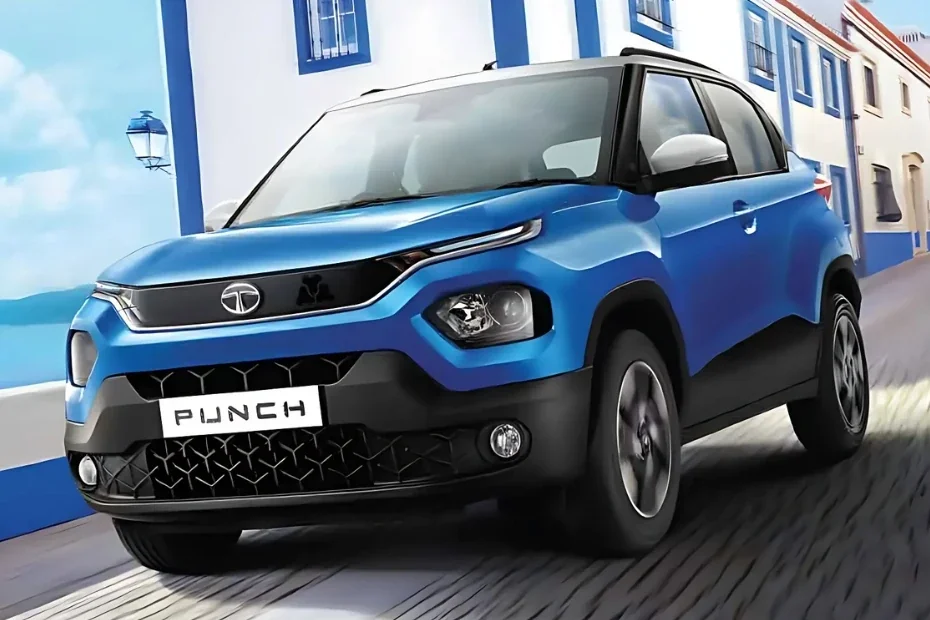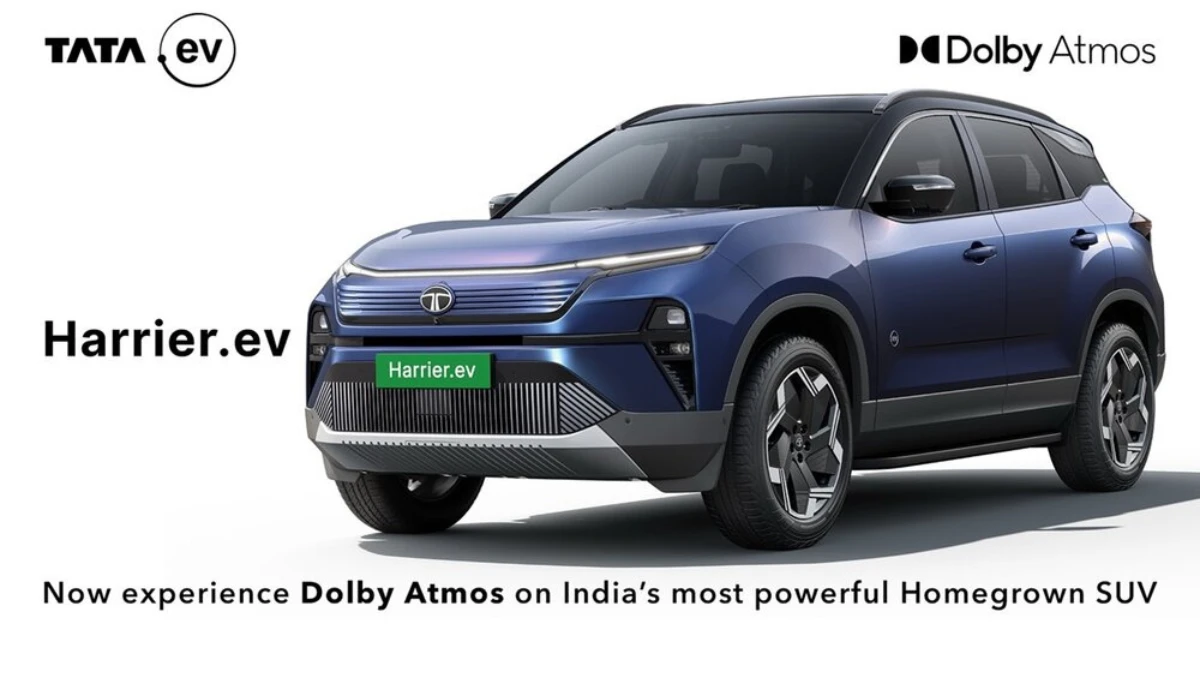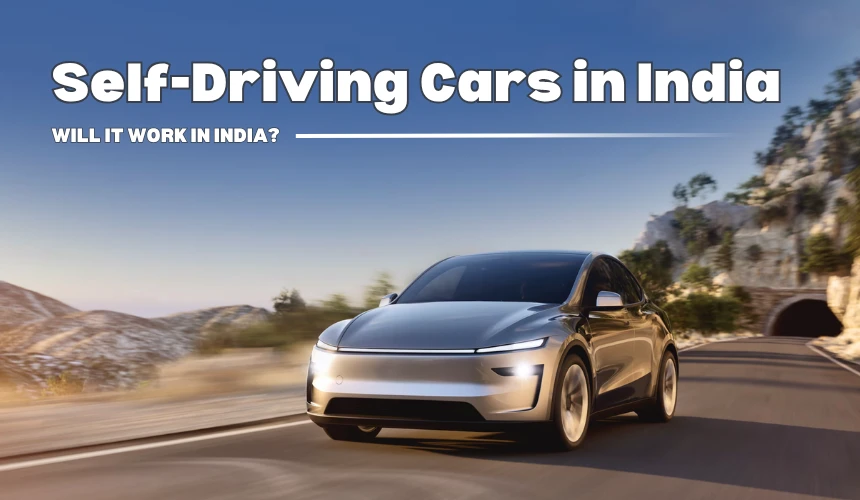
Electric cars have become very popular due to their eco-friendliness, low running costs, and government incentives. However, one must be aware of a few essential things before buying an electric car. Here are practical steps on how you can get an electric car to meet your needs:
1. Assess Your Driving Needs
Before you purchase an EV, consider your driving habits and the distance you mostly cover daily. If the distance is relatively short, you can choose a car with a small range. However, in case you cover long distances often, it is important to go for an EV with a longer range. This ensures that you do not have to stop to charge after covering a little distance. At present, the average ranges of most EVs range between 150 and 400 kilometres on a single charge, depending on the type.
2. Charging Station
Probably, the biggest concern for a buyer of an electric vehicle is the charging station availability. Are there adequate charging points near your home, workplace, or usual stops? There is an option for a home charger, if possible. Public charging networks are increasingly developed but vary to a large extent in terms of availability based on location.
3. Battery Range And Capacity
This is the battery that will actually serve as the heart of an electric vehicle, so it deserves close attention to its range and capacity. Higher-capacity batteries will allow for a long driving range. The typical ranges for electric vehicles fall between 200 and 400 kilometres. High-end models can go greater distances on a full charge. Also keep in mind that speed, terrain, and weather will affect the car's actual range.
4. Charging Time
The charging times differ based on the type of charger used. On average, a Level 1, that is used in the home outlet, will charge an EV full-time to its capacity. This process may take up to 12-24 hours. However, a Level 2 charger would charge the battery only within 4-8 hours, and this type is mostly used within homes and public stations. Fast chargers, also known as DC chargers, can fill the car's battery to 80% within as short a period as 30 minutes but are not easily available. For one, be conscious of how charging time will affect your lifestyle.
5. Search For Government Incentive
You will find various incentives put in place by the government for the purchase of electric cars. These range from tax rebates to reduced registration fees and subsidized purchasing. Ask if you qualify for these schemes. Some of these can drastically reduce the overall cost of your electric car.
6. Maintenance Costs
They will have lower maintenance costs than gasoline cars, first of all, because they do not have moving parts. They do not require oil changes, and brakes will also last longer due to regenerative braking systems. Of course, one would want to take into consideration the costs associated with a battery change, although most come with warranties of 8 to 10 years or around 160,000 kilometres.
7. Total Cost Of Ownership
While EVs do carry a much higher upfront cost of purchase, these savings stack up big time over the long haul. Electricity is often cheaper to buy than gasoline, and at the very least, maintenance will be lower. Run through a cost-of-ownership calculator to determine if an EV saves fuel, maintenance, and government incentives for you, too.
8. Know What Electric Vehicle Type You Want
There are two different types of EVs: BEVs and PHEVs. The former runs purely on electricity, while the PHEV runs on a battery with a gasoline engine that will enable you to use fuel when its power diminishes. Determine the type best suited for your lifestyle.
9. Resale Value
Electric vehicles generally hold their value well, especially with the rising demand for eco-friendly transportation. However, resale values can depend on factors like battery health and the overall market demand for EVs. Models from well-established manufacturers tend to retain their value better.
10. Test Drive The Car
Take one for a spin with the electric vehicle. This will give you a feel of the car, its comfort, and the driving experience. Pay attention to how it feels when regenerative braking is applied, whether the ride is quiet, and whether the range estimate meets your needs.
Conclusion
Just when you think it is fun to make purchases, buying an electric car makes you think. You consider your drive, the charging infrastructure, and the range of your car's battery. Knowing how governments are incentivizing such a move can add a lot to your decision, too. Electric vehicles may reduce your carbon footprint but also save more in the long run on fuel and maintenance and are a very savvy investment for the future.
Also Read: BYD eMAX 7 Variant-Wise Features Explained
About Author
Kritika Dadhich, a skilled writer who seamlessly juggles her roles as a blogger and poet. With a deep love for cars and a talent for storytelling, she brings fresh insights and captivating narratives. Join her on an exciting journey through the world of automobiles.
Top Car Brands in India
Top Car Brands in India
Trending Car News in India
Trending Cars in India
Trusted Dealer
All Over India
Irresistible Offers
Stay Updated, Pay Less
Compare Cars
Choose the Right Car
Easy Finance
Multiple Finance Options

Monday - Saturday
10:00am - 6:30pm
+91 7947722777, +91 7479000444, +91 9311718549
contact@carlelo.com









